JCIE Publications | Asia and Europe: Global Governance as a Challenge to Co-operation
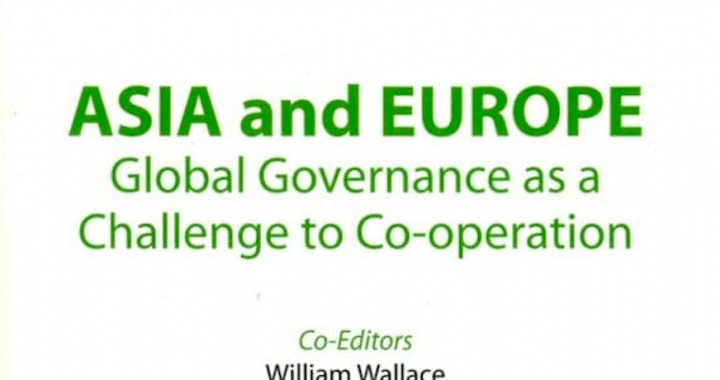
This book attempts to redefine the roles of Asia and Europe in a changing world, and to analyze the ways in which cooperation could enhance global governance.
JCIE Publications | Asia and Europe: The Necessity for Cooperation
This book summarizes the work of Council for Asia-Europe Cooperation (CAEC) task forces and reviews the role of Asia-Europe cooperation in the contemporary world.
JCIE Publications | East Asia at a Crossroads
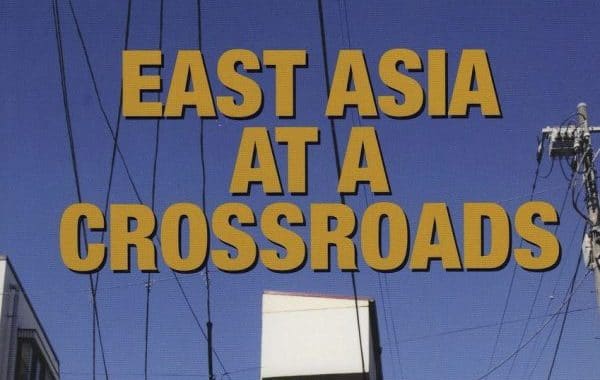
This book analyzes the dynamics of regional community building and proposes ways of moving forward to enhance regional peace and prosperity while strengthening East Asia’s capacity to meet its growing responsibilities.
JCIE Publications | Looking for Leadership: The Dilemma of Political Leadership in Japan
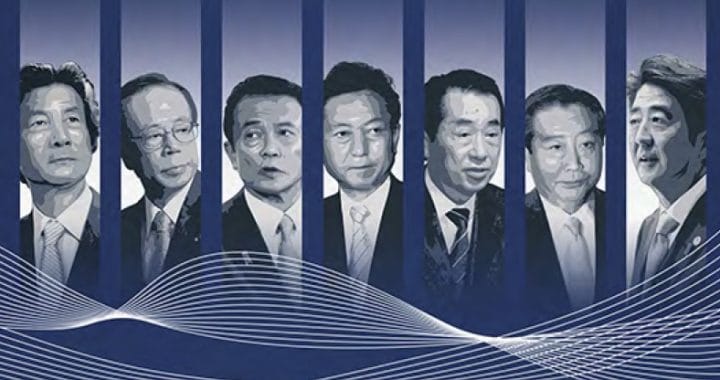
Looking for Leadership explores the obstacles facing Japan as it looks for greater stability and power in its leadership, and explains how these lessons can also apply to the rest of the world.
JCIE Publications | Japan’s Road to Pluralism: Transforming Local Communities in the Global Era
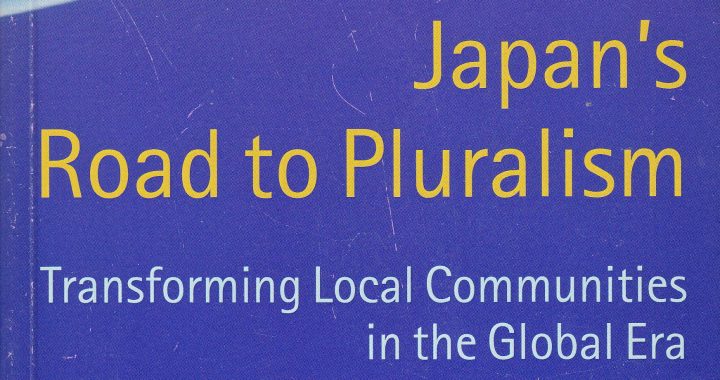
This publication was the result of a study on the “Transformation of Japanese Communities and the Emerging Local Agenda,” and chronicles how practical and incremental changes in community-level governance point toward Japan’s new road to pluralism.
JCIE Publications | Governance for a New Century

This publication discusses Japanese public opinion, policymaking and political frameworks, and the role of the private sector in public affairs. Five Japanese experts write about the restructuring efforts under way in Japan, and five American policy experts respond.
JCIE Publications | Governance and Civil Society in a Global Age

The authors discuss the current state of civil society in their own countries, the challenges facing institutions of governance, the need to reform domestic governance, and the evolution of the role of civil society in governance.
JCIE Publications | The Japanese Diet and the US Congress
This book, a comparative study of legislative systems, explains the histories and structures of the bicameral legislatures; in subsequent chapters, it discusses election procedures, financial policies, and power distribution.
Japan’s Democracy: Lessons and Reflections
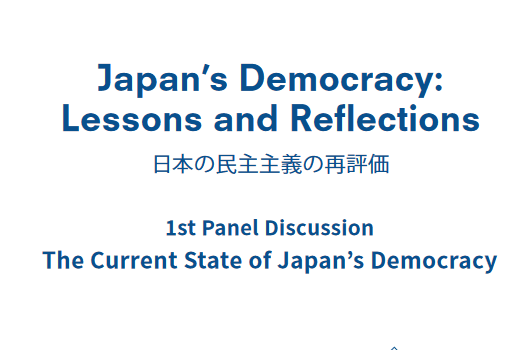
Japan’s Democracy: Lessons and Reflections 2021–2022 As part of our program on Expanding Support for Democratic Governance, JCIE launched a project on “Japan’s Democracy: Lessons and Reflections.” Led by Dr. Harukata Takenaka, Professor at the Graduate Institute for Policy Studies (GRIPS), the project facilitated three discussions among leading Japanese scholars and practitioners to reflect on Japan’s […]
NGOs as Strategic Partners
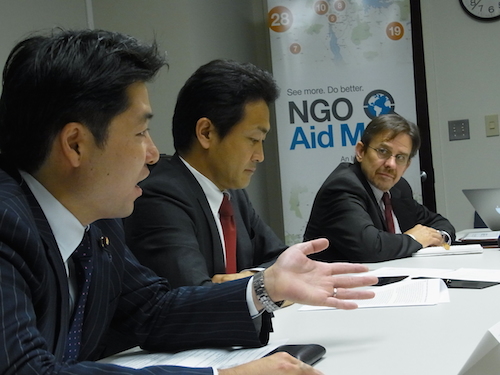
JCIE conducted a series of studies and exchanges to examine the lessons that Japanese NGOs can draw from the US experience to expand their capacity and better engage in partnerships. As part of this project, a delegation of Japanese NGO leaders visited Washington DC for meetings with NGO leaders, government officials, and policy experts, and a major conference was held at the National Diet of Japan to discuss ways to strengthen NGO capacity.
